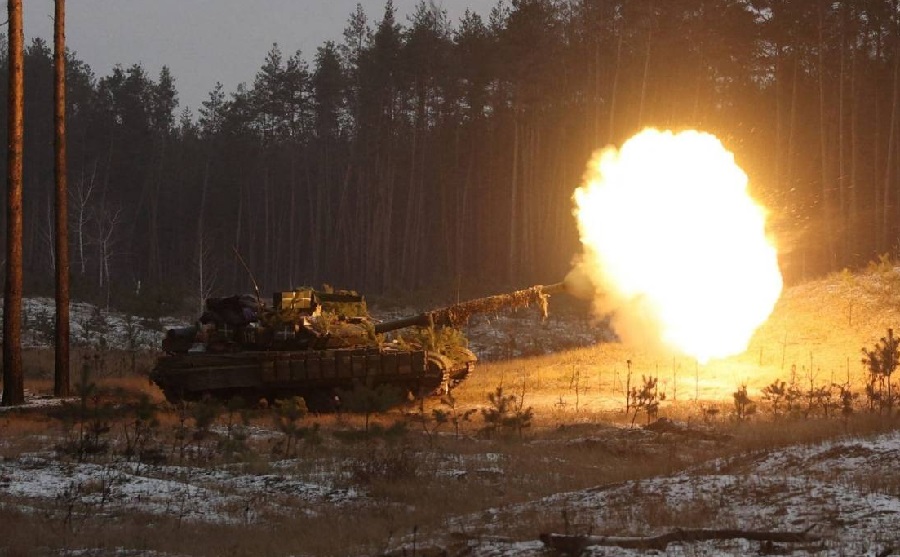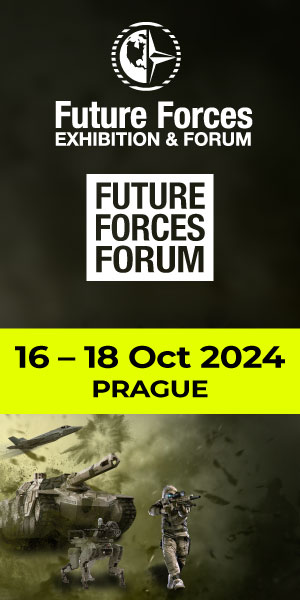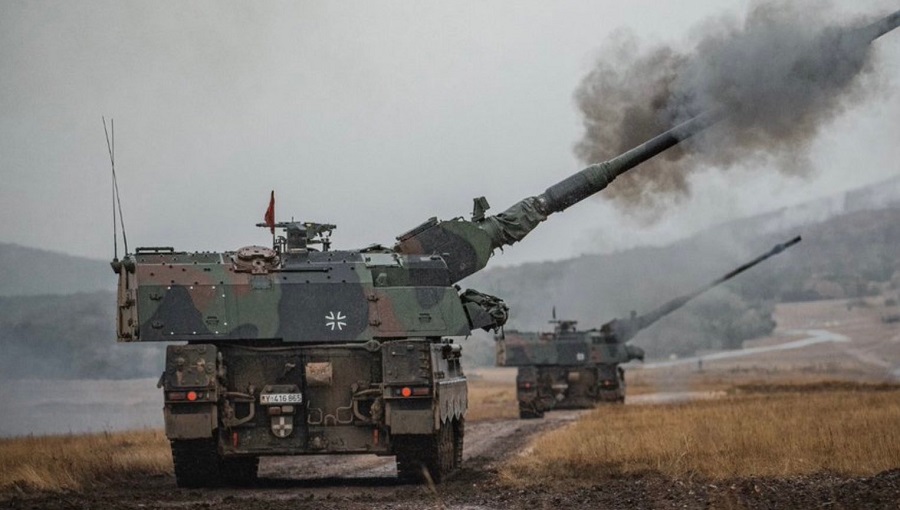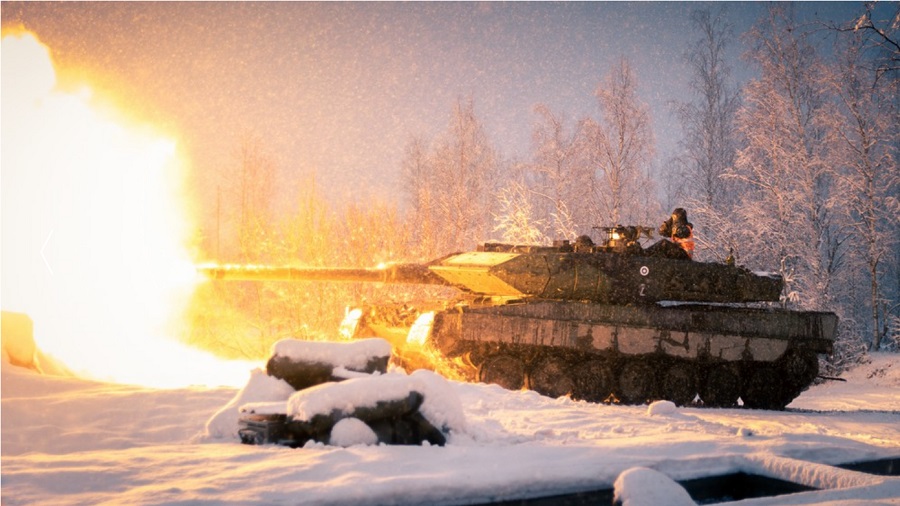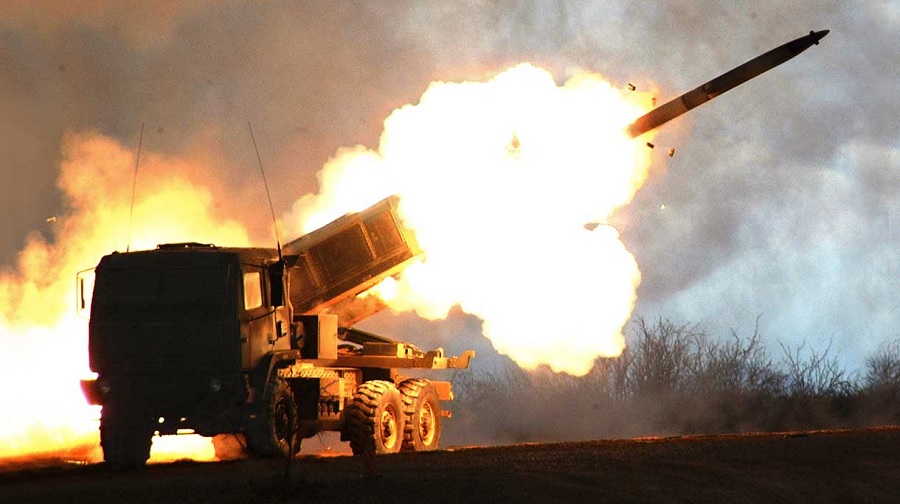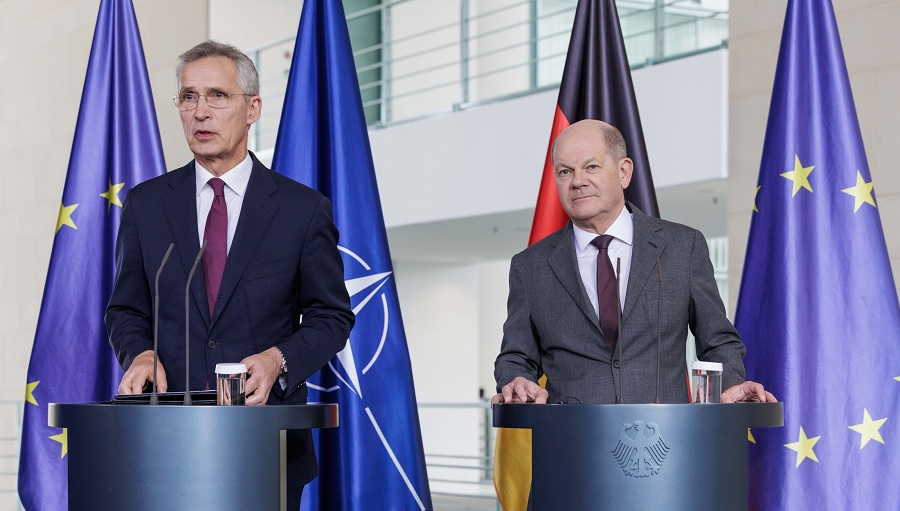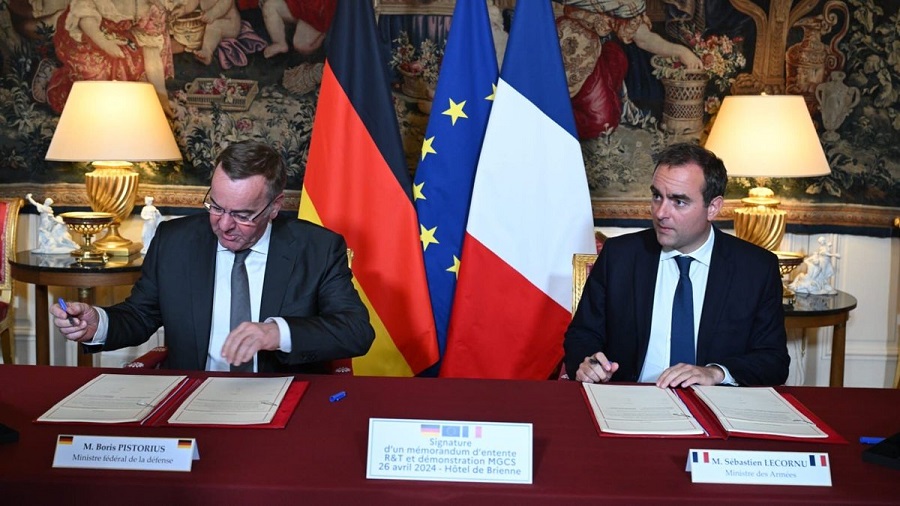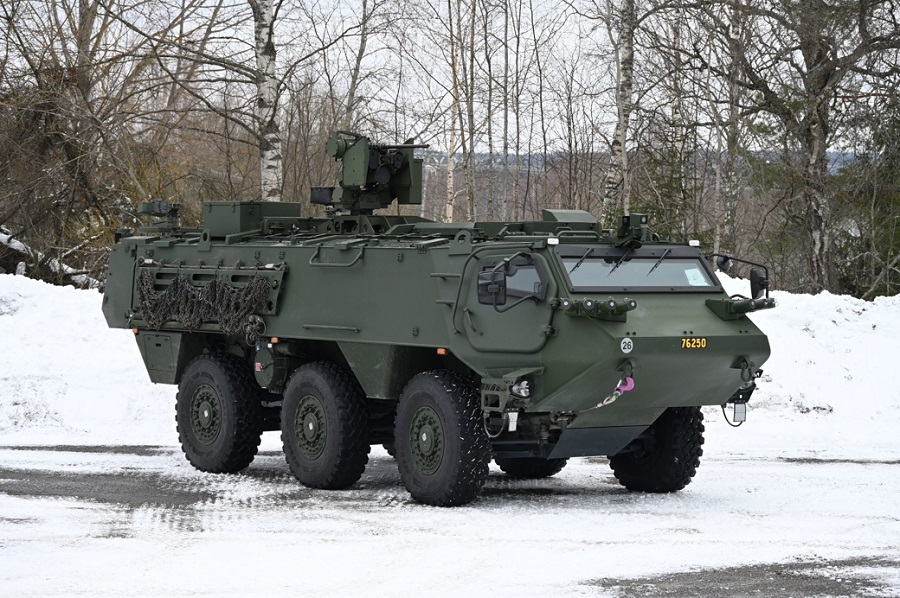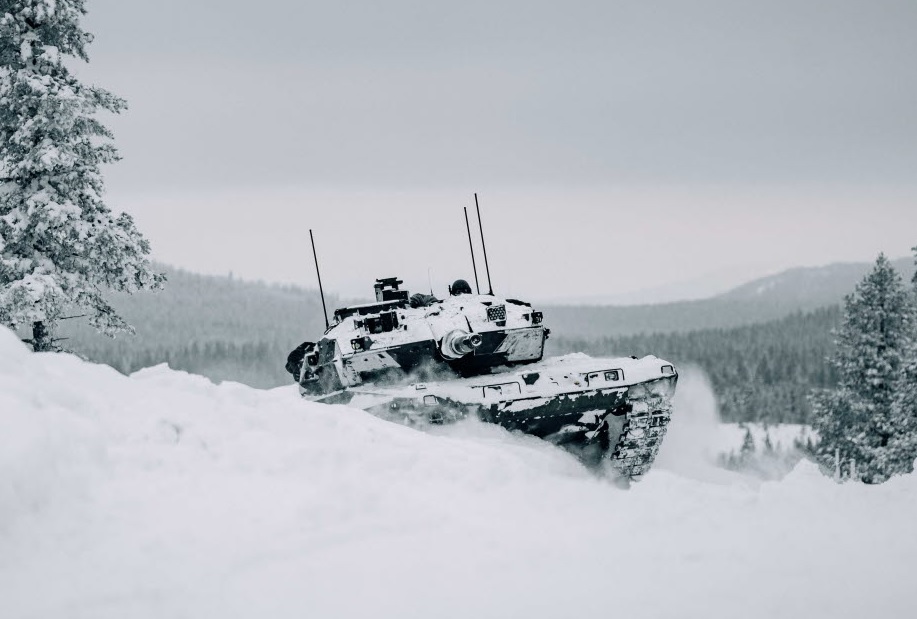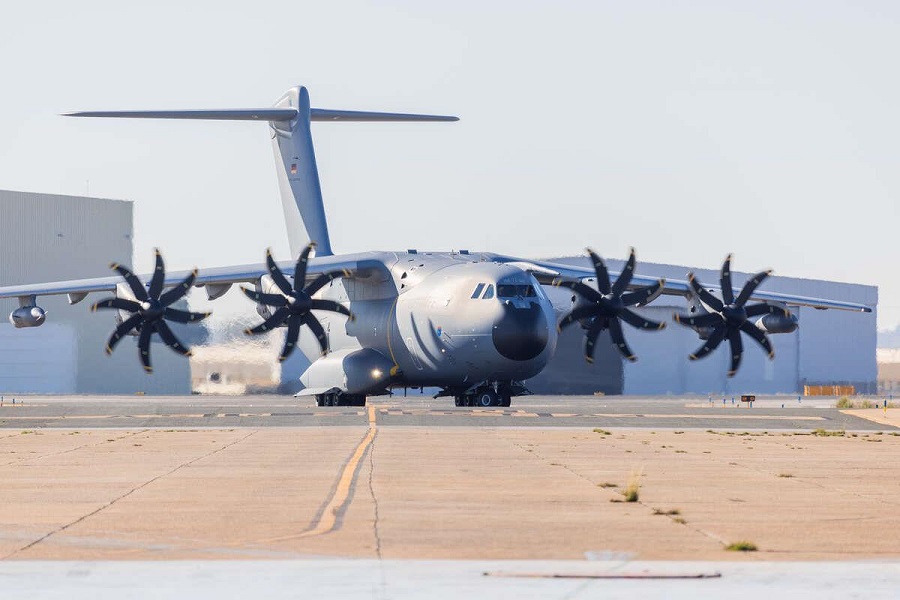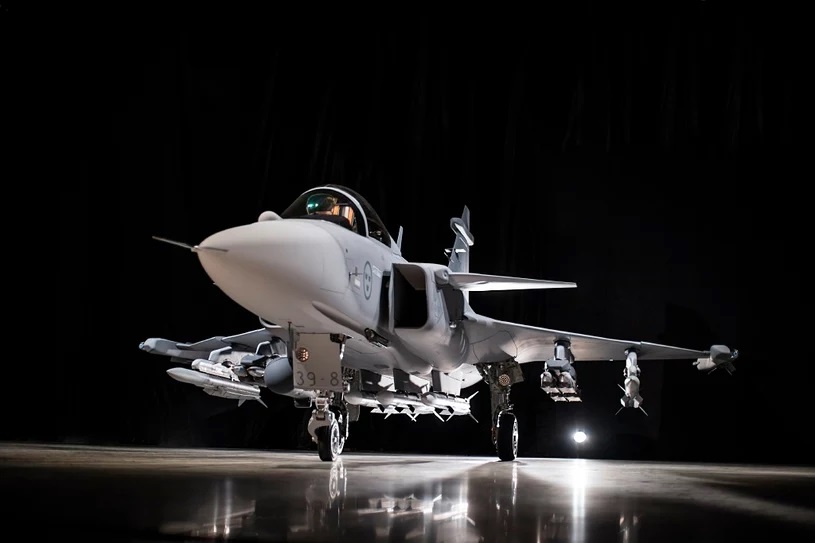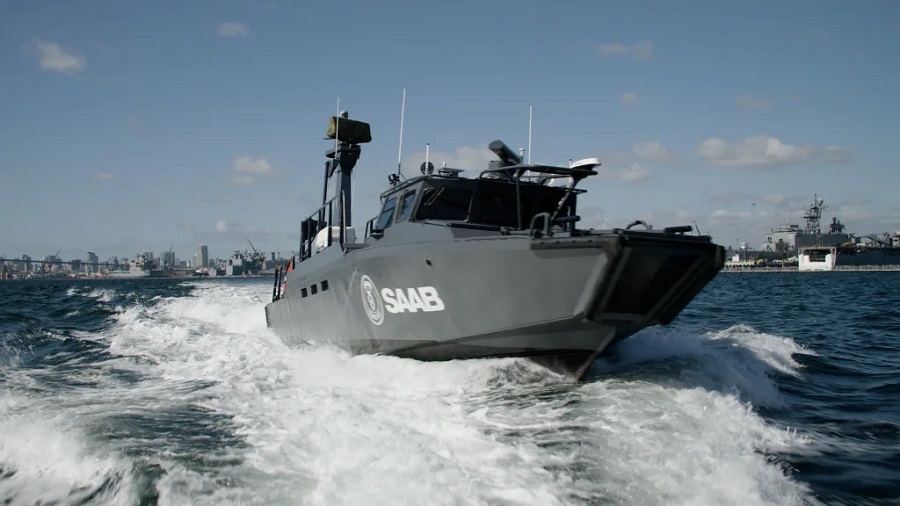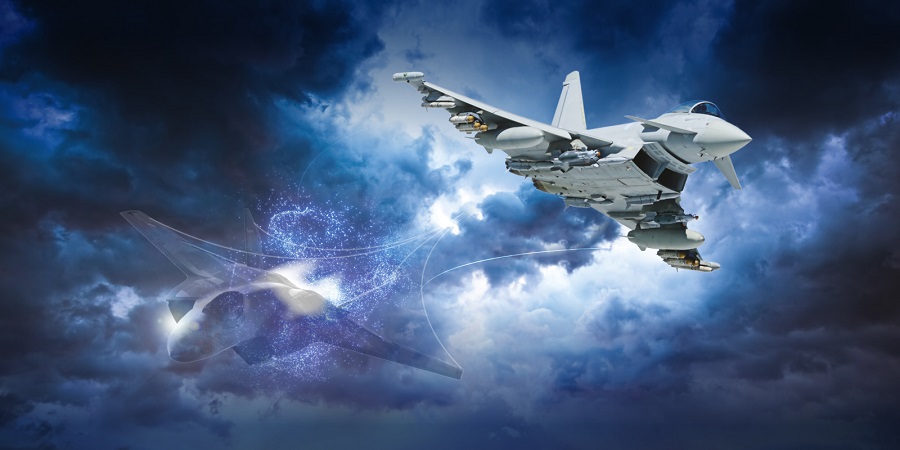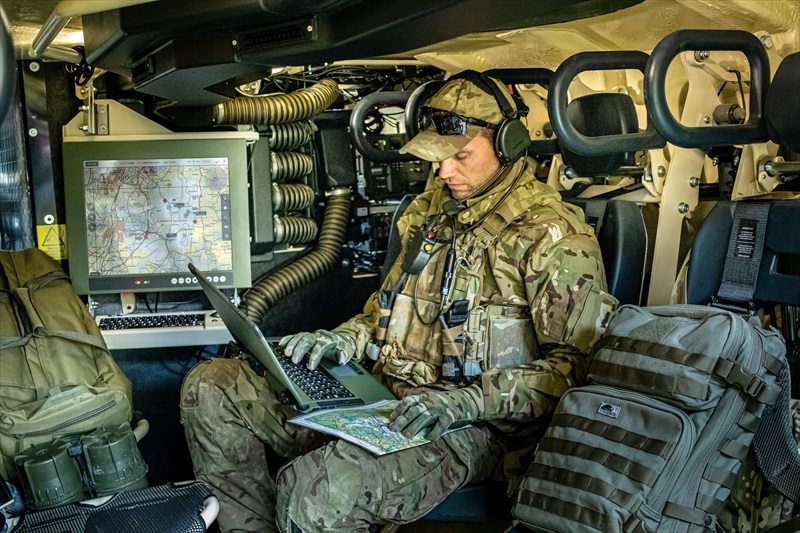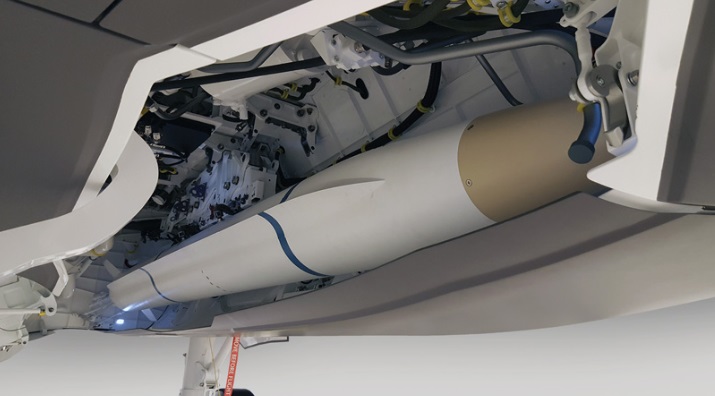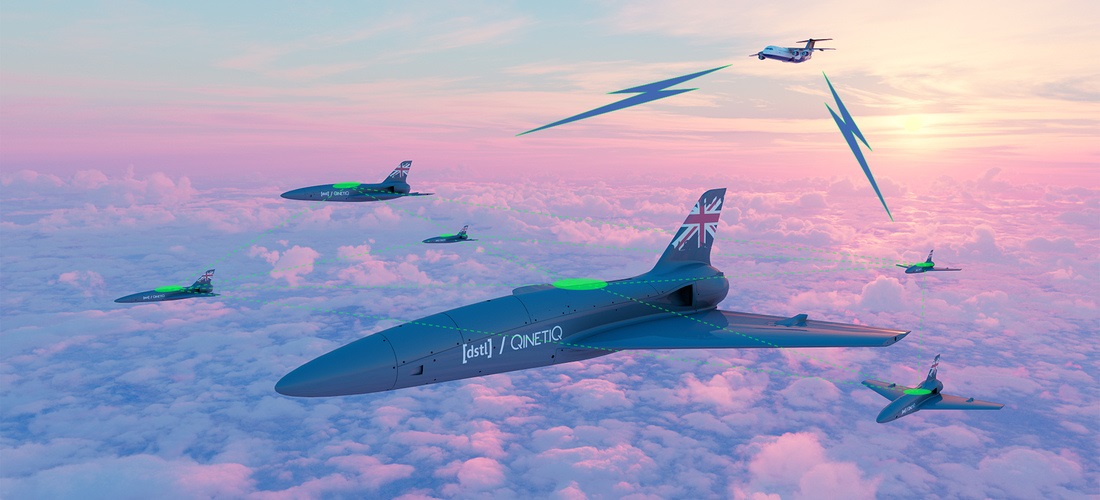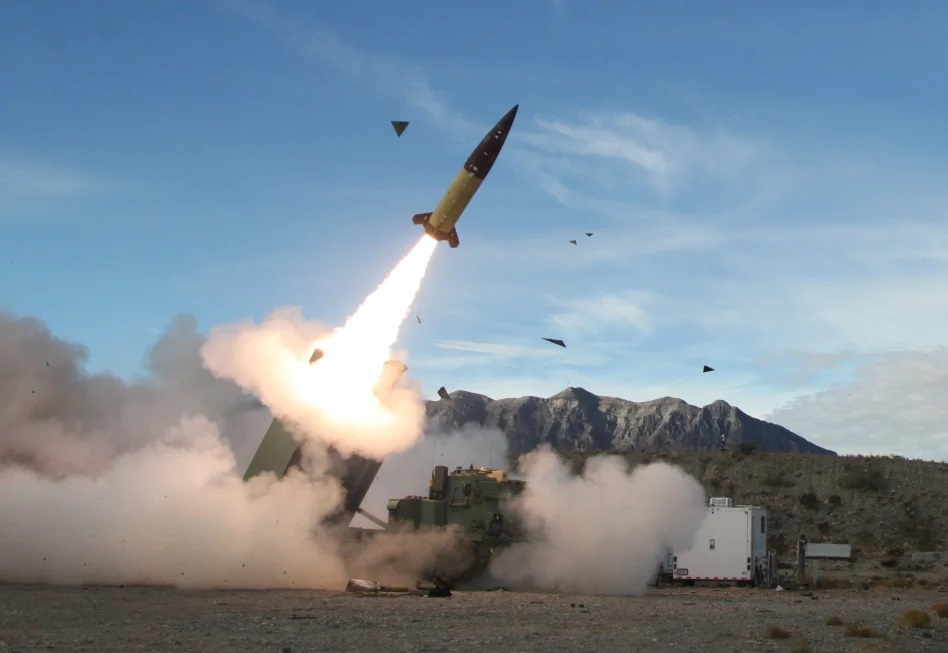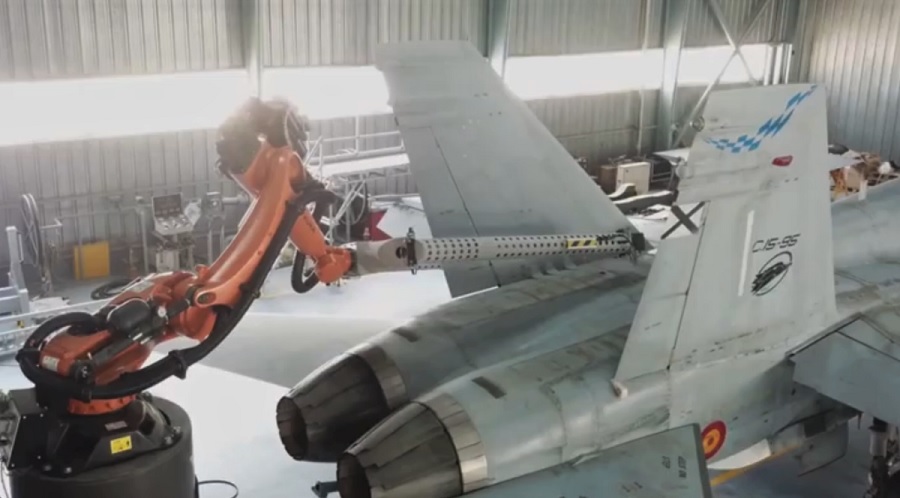Following Russia’s full-blown invasion of Ukraine in February 2022, the Euro-Atlantic community has been unanimously supporting Ukraine’s road to victory, but considerably diverging on Russia’s long-term threat. Some common narratives that have surfaced during the ongoing war suggest that Russia is conventionally weakened, has strategically failed, and is completely deterred by NATO – thereby, of little serious danger for the Allies. The following paper addresses these misconceptions.
Russia has long-term hostile strategic goals and its imperialistic war has strong support among the Russian society. Russia is in control of the war strategy and has an upper hand for escalation, if necessary. Russia has experienced failure, but merely on a tactical level. As long as Russia can determine the future of Ukraine’s territorial integrity, it will be strategically on a winning track. Russia has borne heavy losses in manpower and equipment, but still has significant stocks and means to keep its war machine going. Russia’s impudent demands, aggressive behaviour and inclination to miscalculate suggest that NATO’s collective defence posture requires a shift unseen in decades.
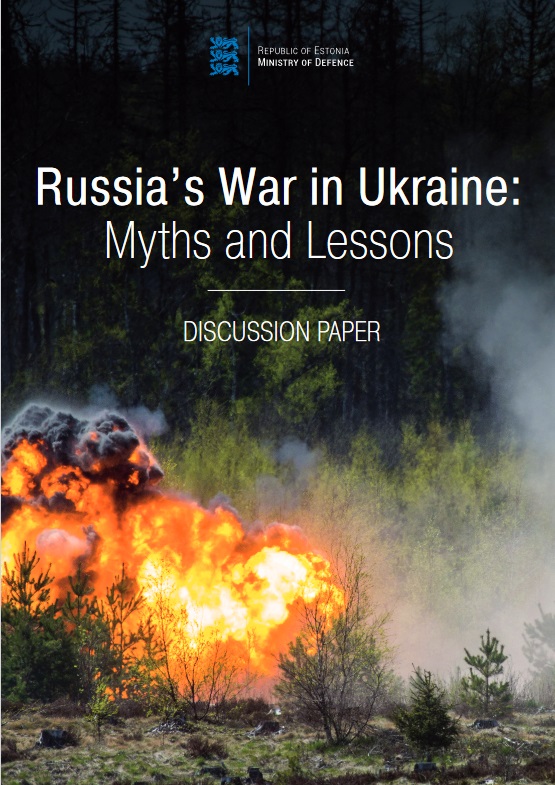
Regardless of the outcome of the war in Ukraine, Russia remains the most dangerous, immediate and long-term threat to the Euro-Atlantic community and rules-based world order. NATO cannot rule out becoming Russia’s military target. It is time to face the challenges honestly, take NATO’s defence strategy to the next level, and make sure we are truly prepared. NATO’s modern forward defence posture requires enhanced early warning; upgraded readiness; resistance and resolve; increased defence investment that is rapidly materialised in capabilities and stocks; and capable and willing people to defend our democracies. The Alliance must make it unmistakably clear to Russia that an attack against NATO would be a dead-end attempt with an intolerably high price tag.


